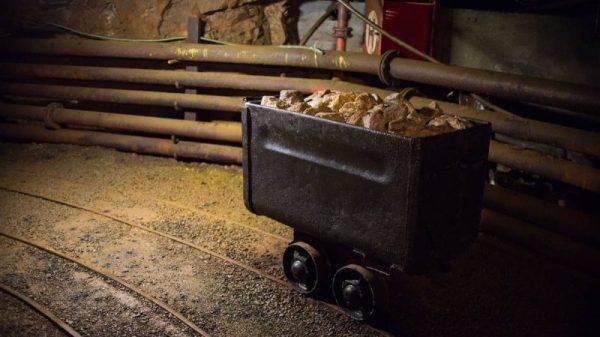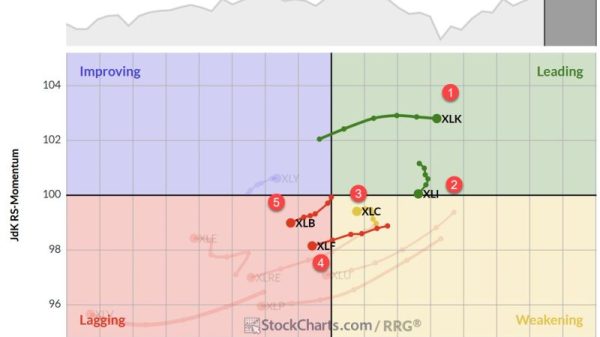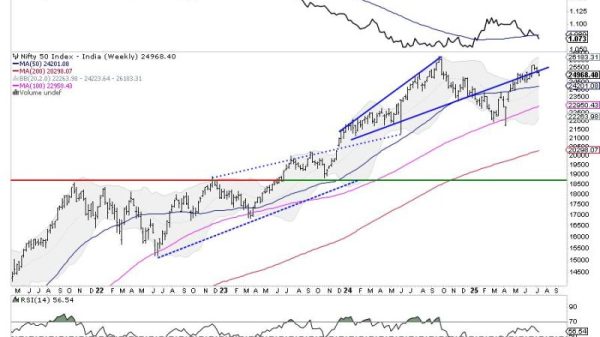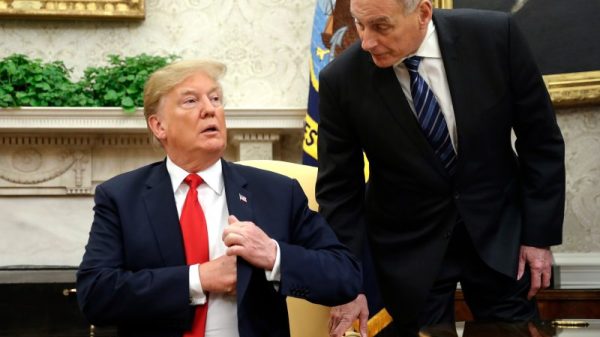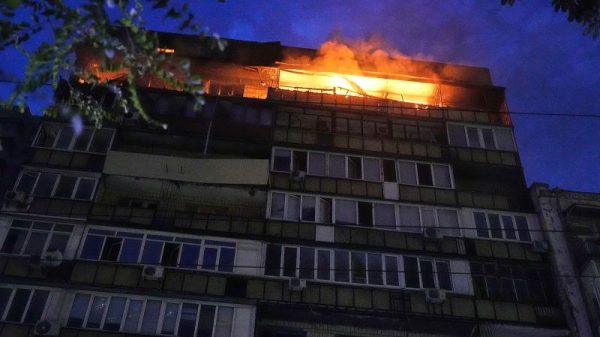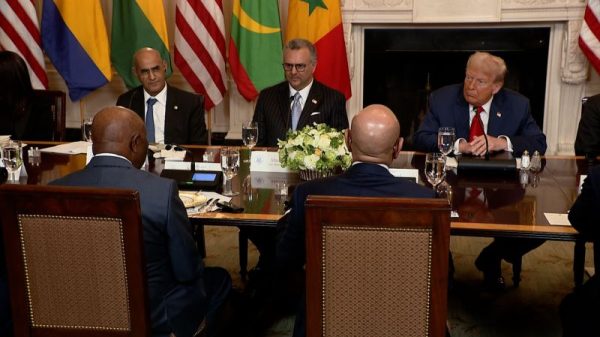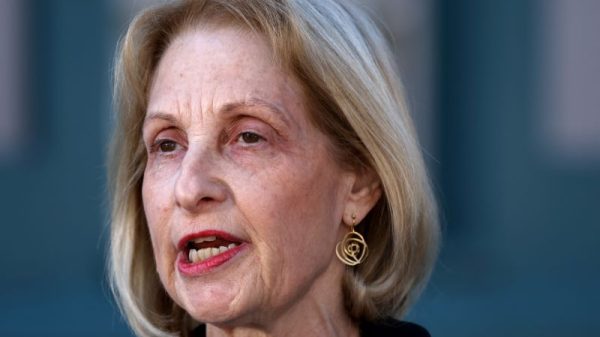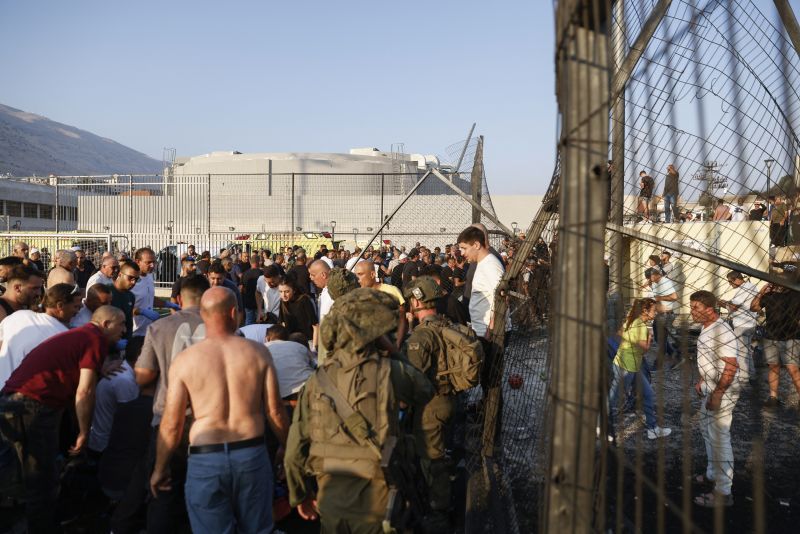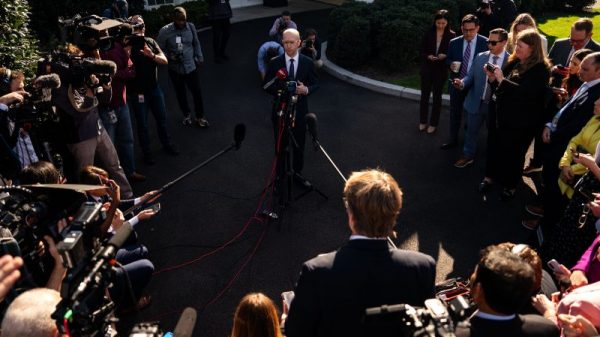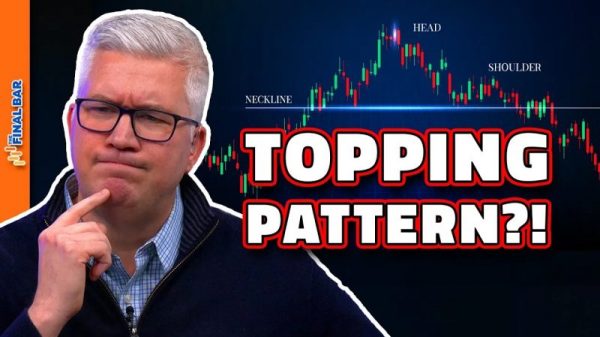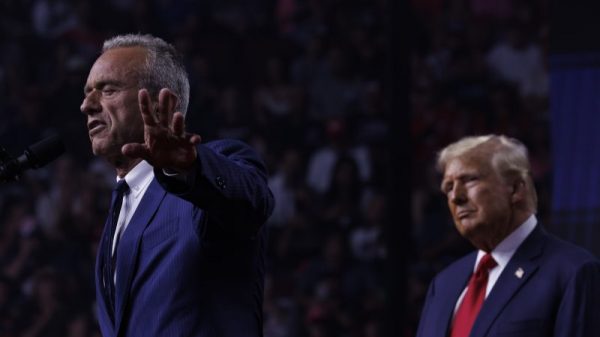Tensions between Israel and the Lebanese militant group Hezbollah have reached new heights in the wake of a deadly rocket attack in the Israeli-occupied Golan Heights.
The strike on Saturday hit a soccer field in the Arab town of Majdal Shams, home to a large Druze community, and killed at least 12 children, according to Israel.
Israel blamed Hezbollah for the attack and vowed to retaliate. The Iran-backed group denied being behind the strike.
Here’s what to know about the Golan Heights, and the religious and ethnic Druze minority that fell victim to the attack.
What is the Golan Heights?
The Golan Heights is a strategic plateau that Israeli seized from Syria during the Six-Day War in 1967, before formally annexing it in 1981. The hilly landscape, which spans some 500 square miles, also shares a border with Jordan and Lebanon.
Syria’s capital Damascus is visible from atop the rocky Golan. The Israeli-occupied part of the region is separated from Syria by a buffer zone supported by the United Nations.
The Golan Heights is considered to be occupied territory under international law and UN Security Council resolutions, and Syria continues to demand it be returned.
The area has often been a flashpoint, most recently in 2019 when former President Donald Trump said the US will recognize Israel’s sovereignty over the Golan Heights – a move that overturned years of policy and worsened tensions with Syria.
Israel sees the Golan Heights as key to its national security interests and says it needs to control the region to fend off threats from Syria and Iranian proxy groups there.
Saturday’s strike is not the first in the Golan Heights since Israel’s war on Hamas in Gaza began following the October 7 attacks.
In early July, a Hezbollah rocket attack killed two people in the region, prompting Israel’s head of the Golan Regional Council to call for retaliation “with force” against the Lebanese group. Hezbollah had said earlier that it fired dozens of Katyusha rockets on the Golan Heights “in response” to an alleged Israeli attack in Syria targeting a Hezbollah key member.
Who are the Druze?
The Druze are an Arab sect of roughly one million people who primarily live in Syria, Lebanon and Israel. Originating in Egypt in the 11th century, the group practices an offshoot of Islam which permits no converts – either to or from the religion – and no intermarriage.
More than 20,000 Druze live in the Golan Heights. Most of them identify as Syrian and rejected an offer of Israeli citizenship when Israel seized the region in 1967. Those who refused were given Israeli residency cards but are not considered Israeli citizens.
Druze of the Golan Heights share the territory with around 25,000 Jewish Israelis, spread across more than 30 settlements. Last year, the UN Human Rights Council sounded alarms over Israel’s plan to double the settler population on the Golan by 2027.
Syrian Druze in the Golan have suffered from discriminatory policies, especially those relating to land and water allocation, according to the UN Committee on the Elimination of Racial Discrimination.
“Over the years, the expanding Israeli settlements and their activities had reduced the access of Syrian farmers to water, due to discriminatory policies related to prices and fees,” the UN committee said.
Druze in the Golan Heights have historically opposed Israeli laws they saw as attempts at “Israelization.” In 2018, thousands of Druze-led protesters opposed the Jewish Nation-State Basic Law put forth by the Israeli parliament, fearing it would deepen discrimination.
The law established Israel as the historic home of the Jewish people with a “united” Jerusalem as its capital and declared that the Jewish people “have an exclusive right to national self-determination” in Israel.
Druze leaders at the time said the controversial law made them feel like second-class citizens because it didn’t mention equality or minority rights.
Recent data reported in Israeli media shows an increase in the numbers of Druze from the Golan seeking Israeli citizenship, but the numbers doing so remain extremely small: 75 in 2017 to 239 in 2021
Outside the Golan, some 130,000 Israeli Druze live in the Carmel and Galilee in Israel’s north.
In contrast to other minority communities within Israel’s borders, many are fiercely patriotic. Druze men over 18 have been conscripted to the IDF since 1957 and often rise to positions of high rank, while many build careers in the police and security forces.



